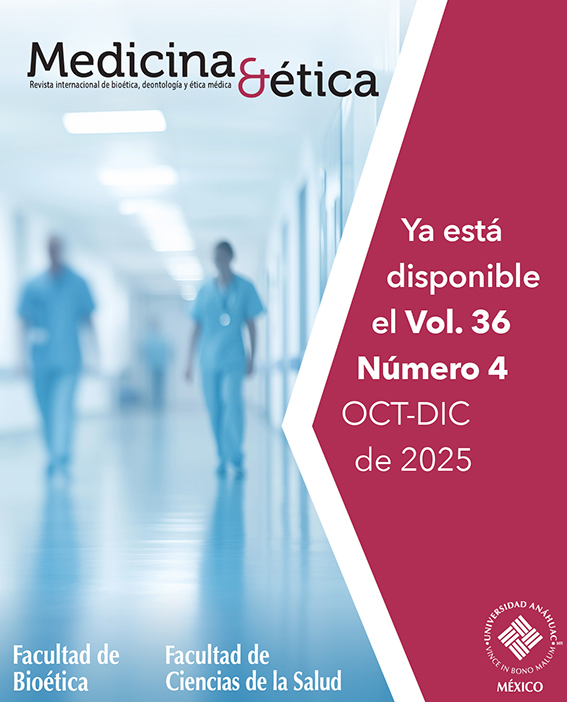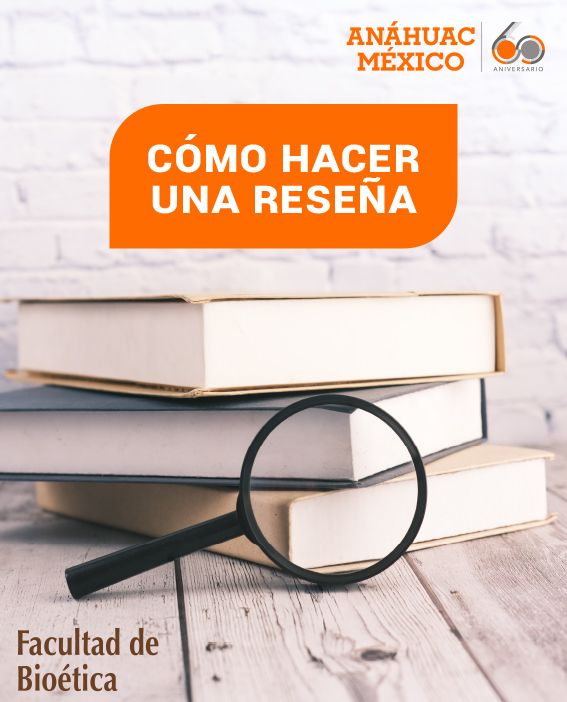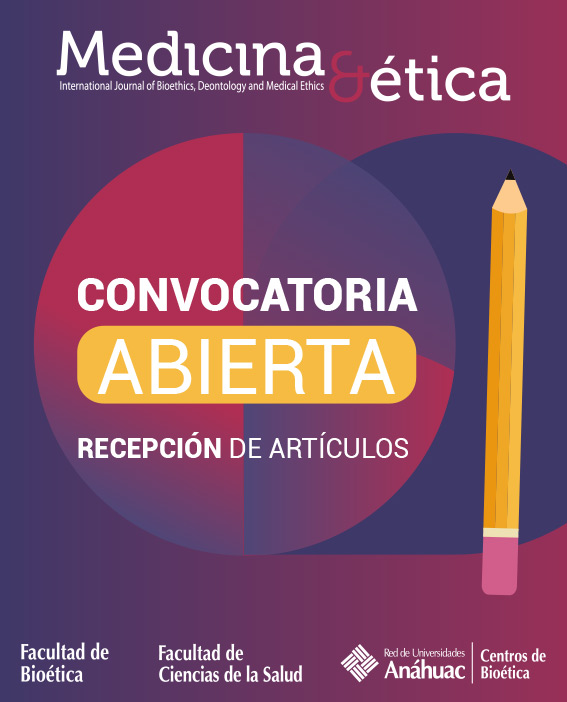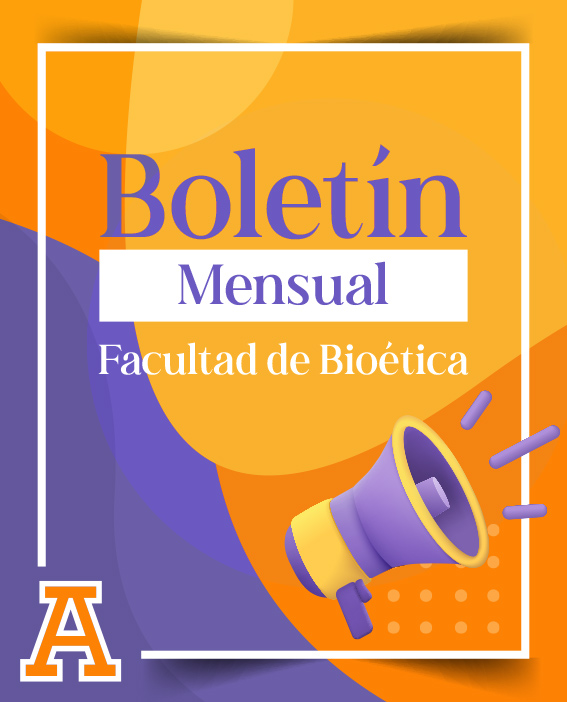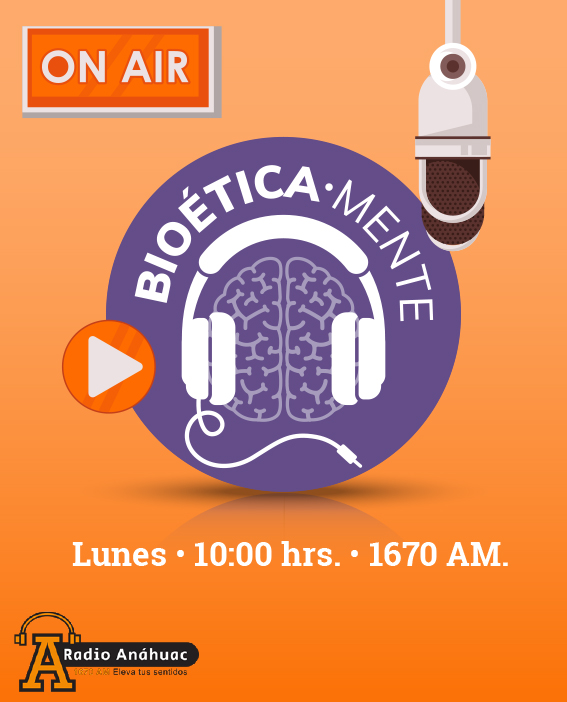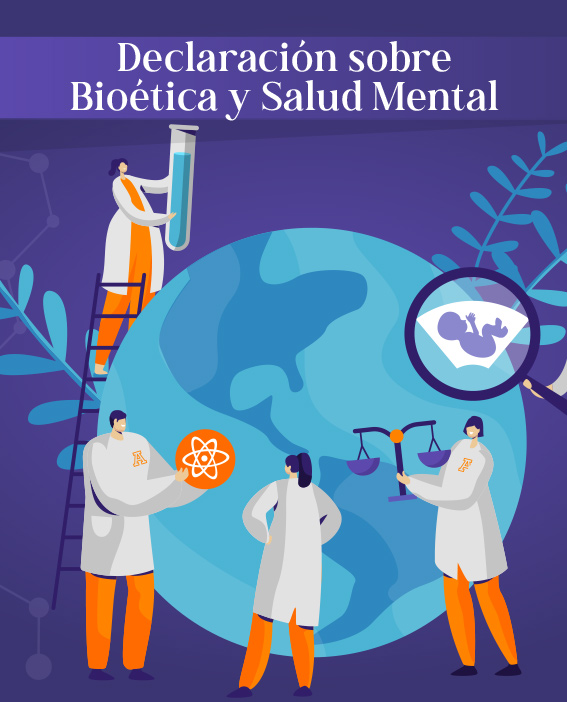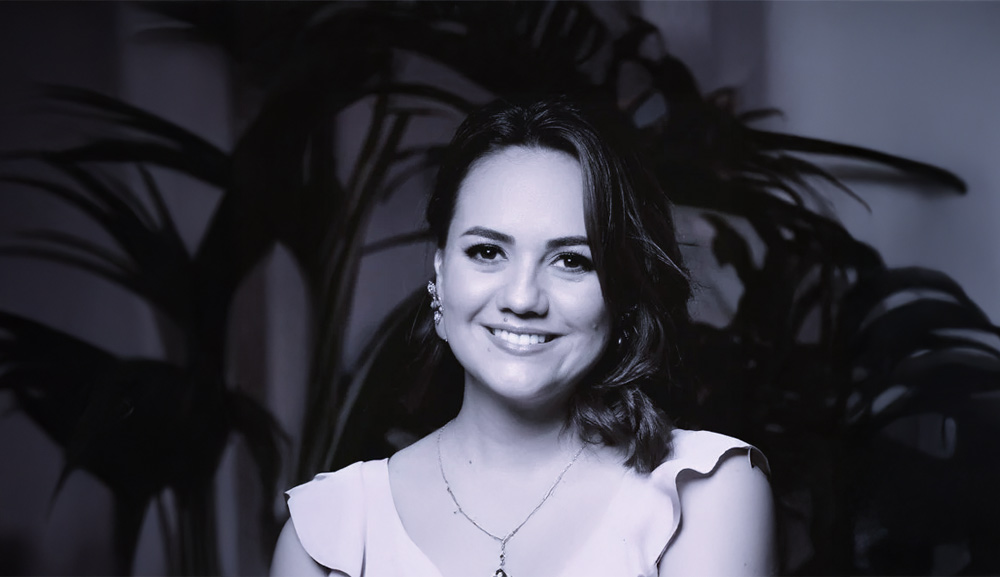
Inés Yohanna Pinzón, a PhD student in Applied Bioethics, contributed her knowledge to a ruling by the Colombian Constitutional Court that protects the reproductive autonomy of women with disabilities.
On May 25, 2025, the Colombian Constitutional Court issued Judgment T-199 of 2025, delivered by Judge Diana Fajardo Rivera. This ruling is considered a landmark in the defense of the reproductive autonomy of women with disabilities. This decision incorporated several of the reflections presented in a statement prepared by Inés Yohanna Pinzón Marín, a professor at the University of Tolima and a PhD student in Applied Bioethics at Anáhuac University, Mexico. She applied the knowledge acquired in her doctoral training to influence a high-impact case.
In October 2024, Professor Pinzón, from the Private Law and Conciliation Department of the Conciliation and Legal Clinic Center she coordinated, prepared a regulatory compendium on reproduction as a fundamental right, both internationally and nationally. This analysis included the sexual and reproductive rights of persons with disabilities, as well as reflections on sterilization, informed consent, and the support measures necessary to guarantee the autonomous exercise of these rights.
The approach was consistent with the Court's central position: the reproductive rights of women with disabilities—especially those with intellectual, psychosocial, or multiple disabilities—must be protected by respecting their autonomy. Therefore, the Court emphasized that non-consensual sterilization violates the Colombian Constitution and violates fundamental rights.
The case arose from a legal action filed by Juana, the primary caregiver for her granddaughter Verónica, an adult woman with intellectual, psychosocial, and multiple disabilities. Juana requested medical authorization from the EPS (Health Service) for her granddaughter to undergo a tubal ligation, as well as transportation for therapy, a caregiver, and comprehensive medical care. However, the Court determined that neither Verónica nor her mother, Sandra—who also has a disability and was a victim of sexual violence—received adequate information and did not participate effectively in the process, thus violating her right to due process and the right to decide about her life.
The Third Review Chamber analyzed the case from a gender and intersectional perspective, recognizing the special constitutional protections derived from factors such as gender, disability, rural location, age, and history of violence. The court held that Verónica has the right to make decisions about her body and sexual health under equal conditions, but requires support and reasonable accommodations to understand the information and make informed decisions. Therefore, the EPS and the hospital failed to fulfill their obligation to guarantee this support and ensure her effective participation.
The ruling ordered the implementation of mechanisms so that Verónica could freely decide on the surgery, as well as the provision of protective measures and a review of structural flaws in public health, disability, and care policies that affect women in similar conditions.
The ruling also examined the rights of persons with disabilities under the Constitution and international human rights law, including the right to independent living, community inclusion, comprehensive treatment and transportation as part of healthcare, as well as the fundamental right to care and a life free from violence.
For Inés Yohanna Pinzón Marín, this result represents confirmation that applied bioethics can generate real changes:
"As a PhD student in Applied Bioethics at Anáhuac University Mexico, it is extremely satisfying to see how the knowledge I acquire is applied in a practical way to solve problems faced by people in vulnerable situations. Bioethical reflection can and should be a tool to improve women's living conditions, recognizing their autonomy and dignity in the exercise of their rights," she stated.
She also explained that the legal concept presented before the Court was part of her doctoral research, developed in the research course and enriched by academic dialogue with her professors, who encouraged critical reflection and connection with real-life cases.
This precedent confirms the relevance of applied bioethics as a bridge between theory and action, demonstrating that academic work, when oriented toward the service of justice and human dignity, can directly impact the construction of more inclusive societies that respect human rights.
More information:
MPSS Estefanía Alvarez
Facultad de Bioética
bioética@anahuac.mx

